1) Hi Nada, can you tell us what you've been up to since graduating from THINK Global School in 2022? Since graduating in 2022, I've been pursuing a passion I found while at TGS, sustainability, and I am currently majoring in engineering in renewable energy systems at Al Akhawayn University, in Ifrane, Morocco. But there is way more than that! I've had a chance also to explore the world of...
Read MoreRecently our students begin arriving in-country for the second term of the 2022-23 school year at THINK Global School.
Cohort 1 will spend seven weeks living and learning in Türkiye, with Istanbul serving as their host city and primary location. Cohort 2 will spend seven weeks living and learning in India, with Mumbai serving as their host city and primary location.
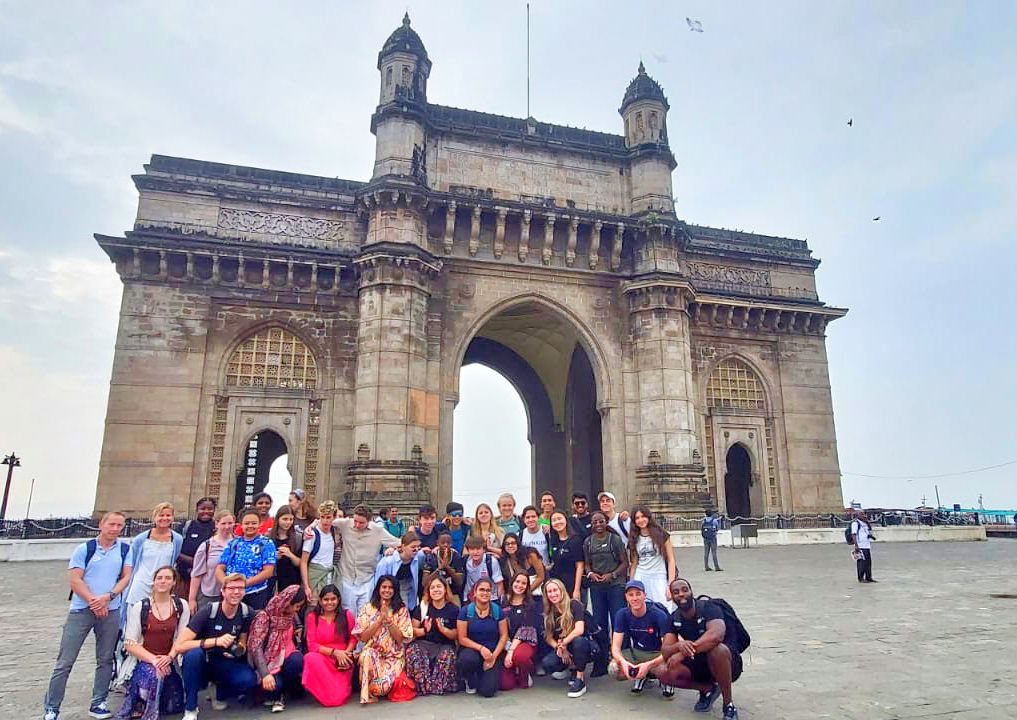
CM2 students and staff visit Mumbai’s Gateway of India during orientation
Since we place such a heavy focus on “learning by doing” at THINK Global School, students work on projects relevant to their surroundings while in-country. This provides opportunities for students to engage with different aspects of the local community as they broaden their knowledge of the project module’s target themes throughout the term.
Here’s an overview of the projects and driving questions our students will be engaging in throughout their time in Türkiye and India, respectively.
Türkiye Projects
Module #1: Lokma Ekonomi
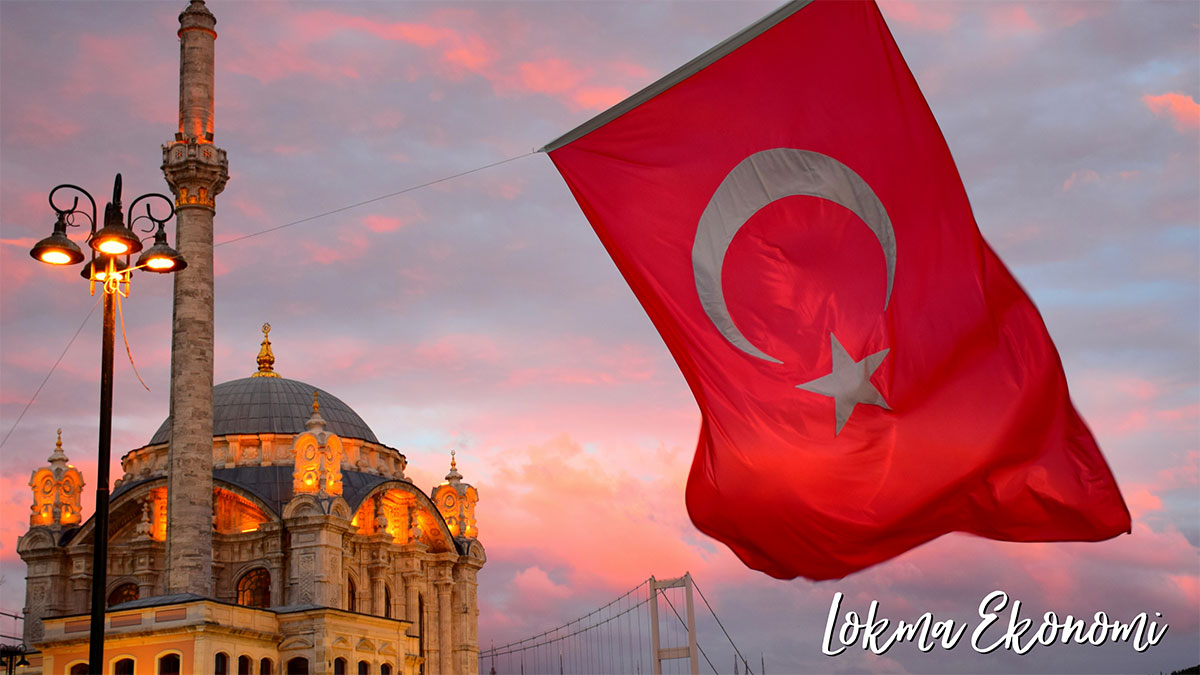
Photo by Meg Jerrard
Driving Question: How do the different communities in Turkey impact the Turkish economy and identity?
Module Leads: Neeki Armani and Terrence Ho
Module Overview: Using the economic issues Turkey faces as a backdrop and the variety of distinct communities it is comprised of, students will understand the various perspectives regarding the Turkish economy & identity.
By applying an economic framework for sustainable development and breaking down the different elements of the economy, students will model the economy from the perspective of each community. They will investigate by speaking to members of governmental departments and individual communities and summarize their findings in a weekly podcast.
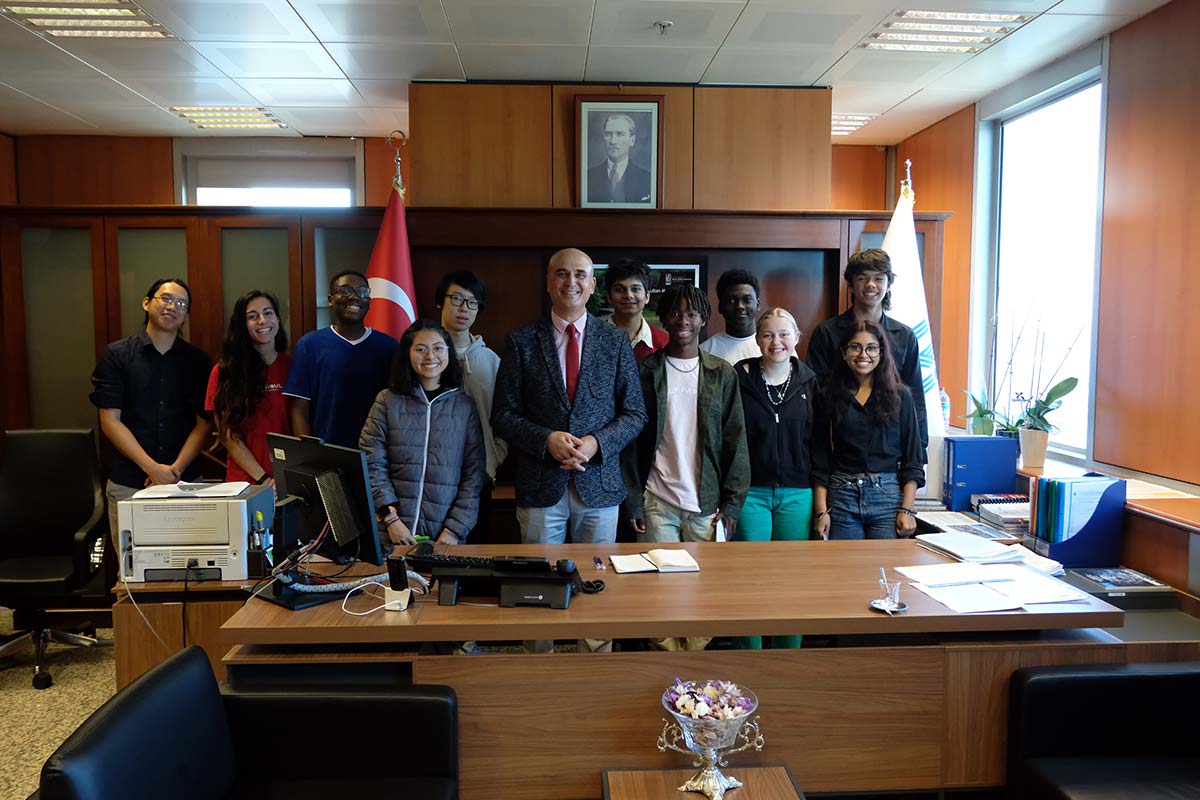
Participants visit the water and control automation center
These podcasts will aim to discuss students’ findings on the community impact of top-down governmental decisions, the impact communities have regarding political and economic choices, and the interconnections that exist between the two.
Students will visit an official government department each week to learn about economic factors from a Turkish context. Groups will then visit two communities in Turkey to understand the theme/factors from their perspective.
Throughout the term, students will conduct recorded discussions reflecting on their understanding of a segment of the economy through the perspectives of the governmental departments and the local communities they visit. The term will conclude with an economic donut model from the perspective of each of the focus communities and a debate over how three new policies (one pitched by each group) will benefit their assigned communities.
Project Outcome: Students will produce:
- An economic donut from the perspective of each of their assigned communities.
- A new policy that will benefit their focus communities.
- A final recorded discussion on how these policies will impact the different communities.
Module #2: Can You Astronish Me?
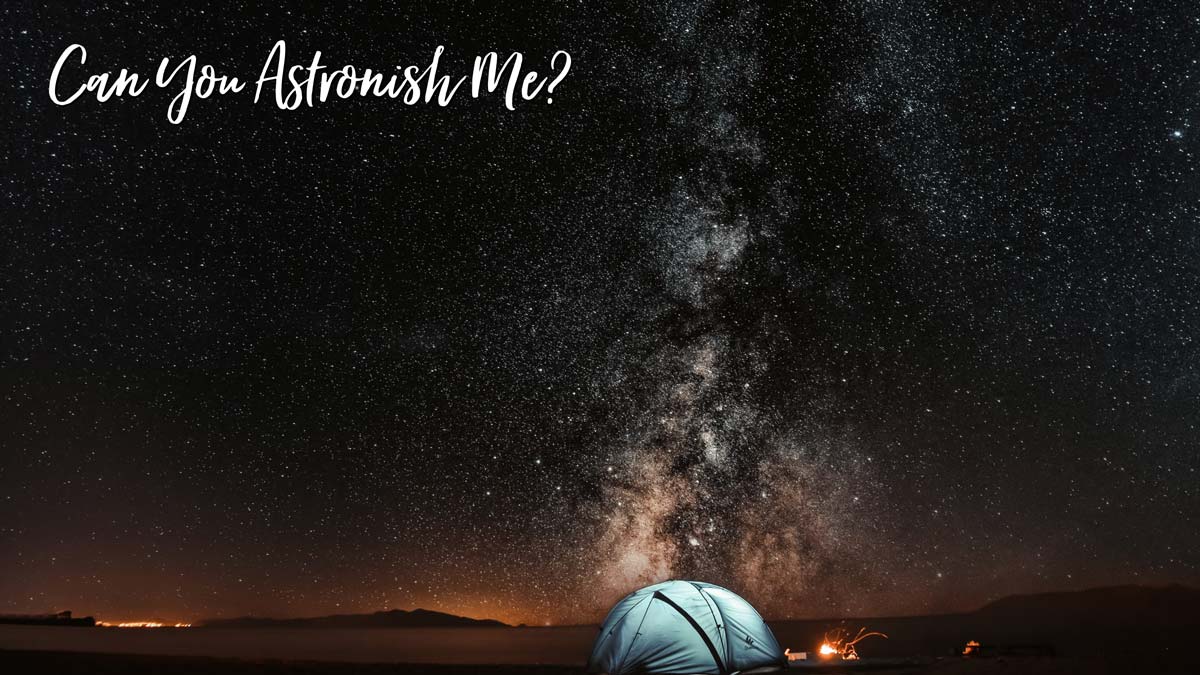
Photo by Pars Sahin
Driving Question: How might we utilize the methods of scientific investigation in exploring the past, present, and future challenges of Astronomy?
Module Leads: Ibrahim Abu Atiya, Saila Purho, and Samuel Abidoye
Module Synopsis: In this module, students will explore astronomy and optics to investigate the various challenges humankind has faced in its efforts to understand the universe. They’ll start by exploring medieval Islamic and Turkish contributions to astronomy and progress to current issues such as light pollution in Istanbul and the various scientific research underway in Turkiye.
Students will also be involved in hands-on experiences ranging from experimental design & setup, data collection, and exploring constellations in observatories.
Module #3: Learn History? We Ought to, Man!
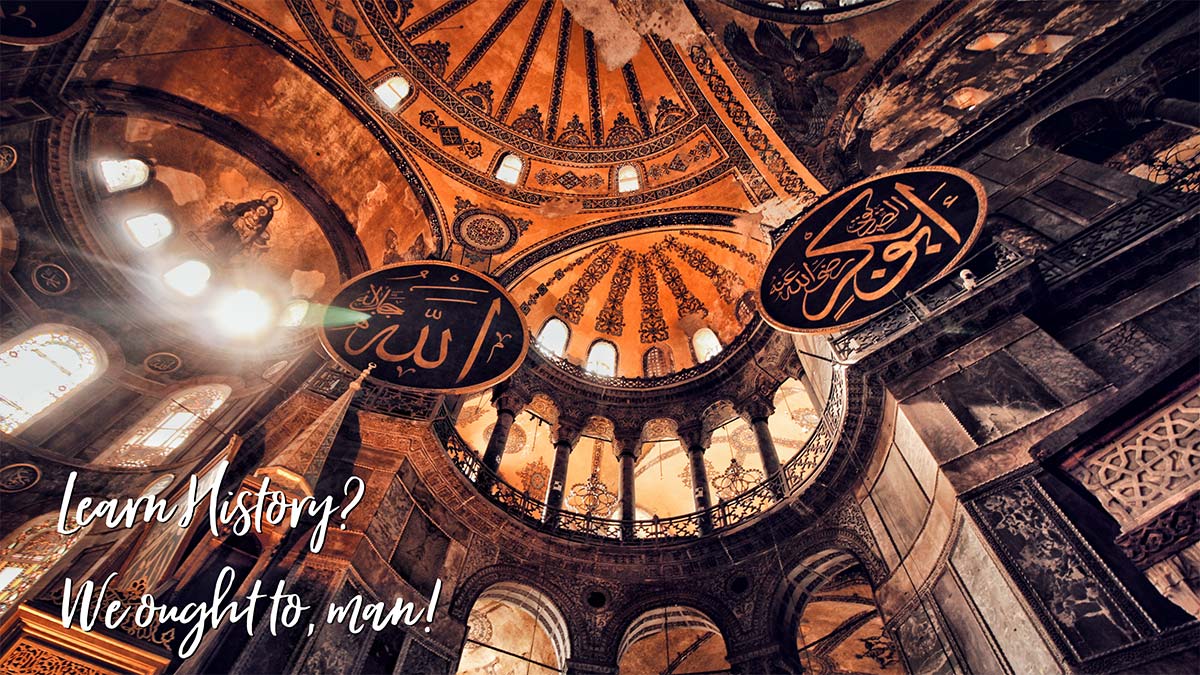
Photo by Rumman Amin
Driving Question: How might an in-depth study of Turkish history guide us to a complex understanding of the rise and fall of empires in the context of both ancient and modern conflicts?
Module Leads: Amethyst King and Shasta Gray
Module Synopsis: Battles, war, empire, oh my! Have you ever wondered why some nations rise to global prominence while others decline dramatically? With an emphasis on historical thinking and global awareness, students will describe the social, political, and economic forces that influence adversarial behavior in the global system.
As the module progresses, students will become historians, conflict forecasters, and analytical experts using their knowledge of international interactions.
Project Outcome: For their summative assessment, students will choose a current global conflict that involves a nation they would define as an empire and then analyze the potential of this conflict using their framework perspective.
Three students will work together to create a physical map with an attached projected timeline of their current conflict. They will create multiple forecasts of the conflict, motives, battle strategies, likely outcomes, and long-term impact.
All frameworks will be represented and united based on the module’s driving question: How might an in-depth study of Turkish history guide us to a complex understanding of the rise and fall of empires in the context of both ancient and modern conflicts?
India Modules
Project Module #1: Geometry of Design
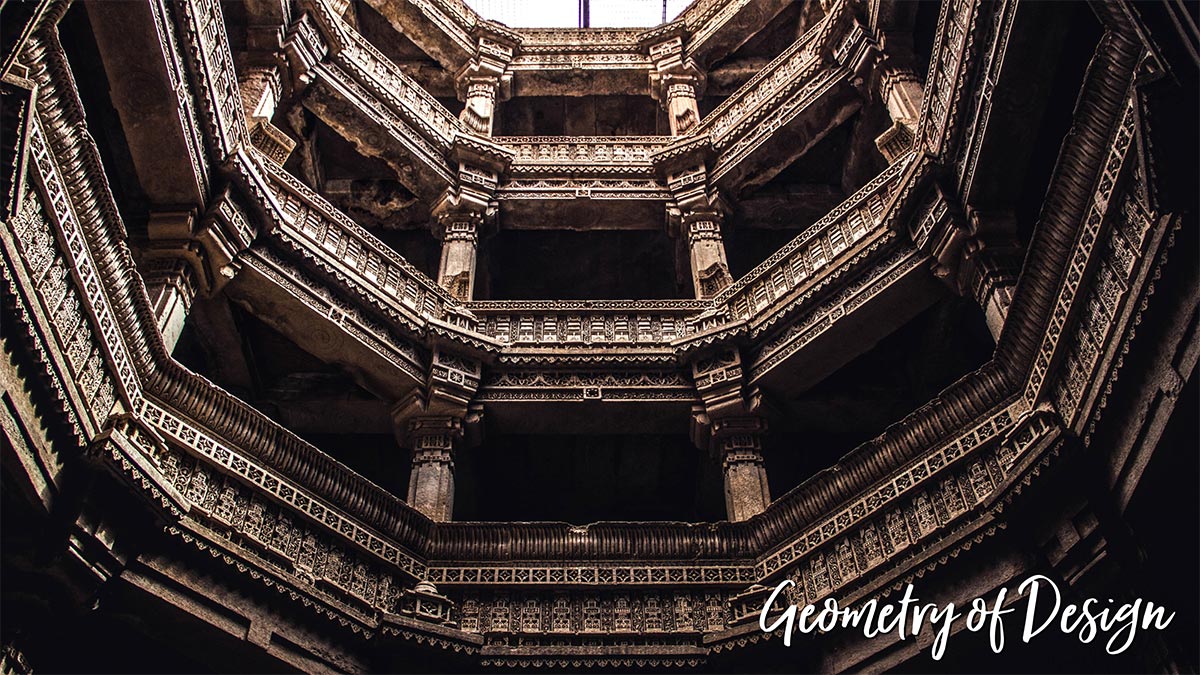
Driving Question: How can architectural geometry and symmetry inspire the creation of an original design for a traditional garment?
Module Leads: Adam Kemp and Alara Rosenberg
Module Synopsis: In the Geometry of Design module, participants will examine how the coexistence of maths and culture has contributed to the development of architectural design in India, with a particular focus on geometry as a primary design principle visually evidenced in examples of sacred geometry within Islamic art forms.
Students will interpret the creative potential of mathematics by developing saree garment designs specific to India’s location, local traditions, and cultural inspiration.
Summative Assessment: For their final product, students will design and refine a saree design that reflects an understanding of the culture, location-specific architecture, and geometry within the context of design principles. Students will realize the intentions of the module by producing a final saree garment using selected traditional art mediums.
The product must incorporate the following:
- A minimum of one traditional art-making process as a component of the final saree garment
- Visual representation of mathematical concepts when constructing designs and ideas in response to geometry
- Justification of color selection as an interpretation of cultural significance and related narrative
- Documentation of the design process from concept, design phases, refinement, and execution of the final product
- Representation of architectural understanding in relation to geometry
- Demonstrate an awareness of applying photographic stimulus as a point of entry for design development
Project Module #2: Path to Sustainability
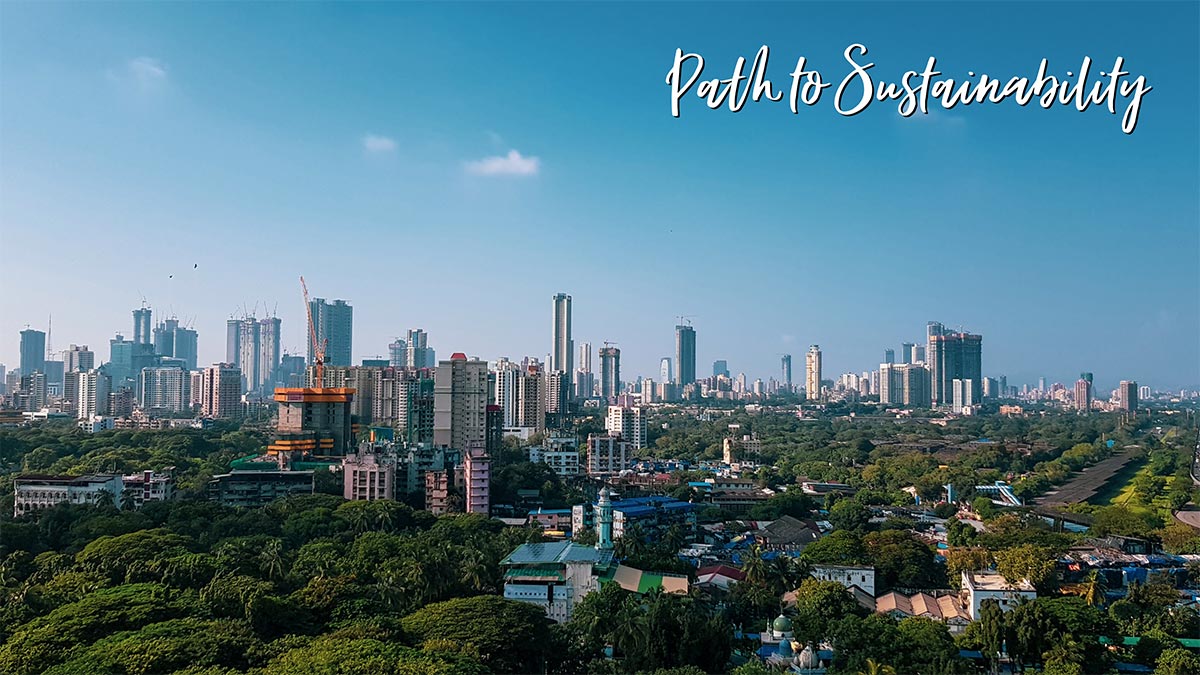
Driving Question: How can urban settlements be planned to balance sustainable development and quality of life?
Module Leads: Kenzie Kelly and Vega Lopez Gonzalez
Module Synopsis: Mumbai, alongside India’s other major cities, has experienced significant urban crowding and growth over the last seventy years. This overpopulation has led to various civic problems, such as reduced green spaces, reduced water availability, poor sanitation, and human health indicators.
In this module, students will explore how urban planning is being used to address issues of sustainability and quality of life in Mumbai. They will examine the balance between environmental sustainability, socio-economic factors, and geo-political needs. As students engage with Mumbai’s complex urban system, they’ll learn what is being done to:
- Improve access to clean water, sanitation, and waste management
- Increase the production of green spaces and urban farms, transportation access
- Reduce the waste of resources, including by pivoting to clean energy
- To better understand Mumbai’s environmental issues, module participants will partner with local communities to learn from and work alongside Mumbaikars to brainstorm and create solutions that address some of India’s most significant and complex issues.
Outings will include:
- Guided tours by local students of environmental innovations as well as local slums and chawls
- Panels with urban planners and innovators of the field
- Cultural experiences to understand how to be responsible co-collaborators in this work
Summative Assessment: For their final product, students will create a sustainable urban plan presentation showing what could be done to support Mumbai’s improvement of one or more study areas (water, sanitation, urban food and green spaces, transportation, and energy and resource reduction).
Project Module #3: Slumdog Entrepreneurs
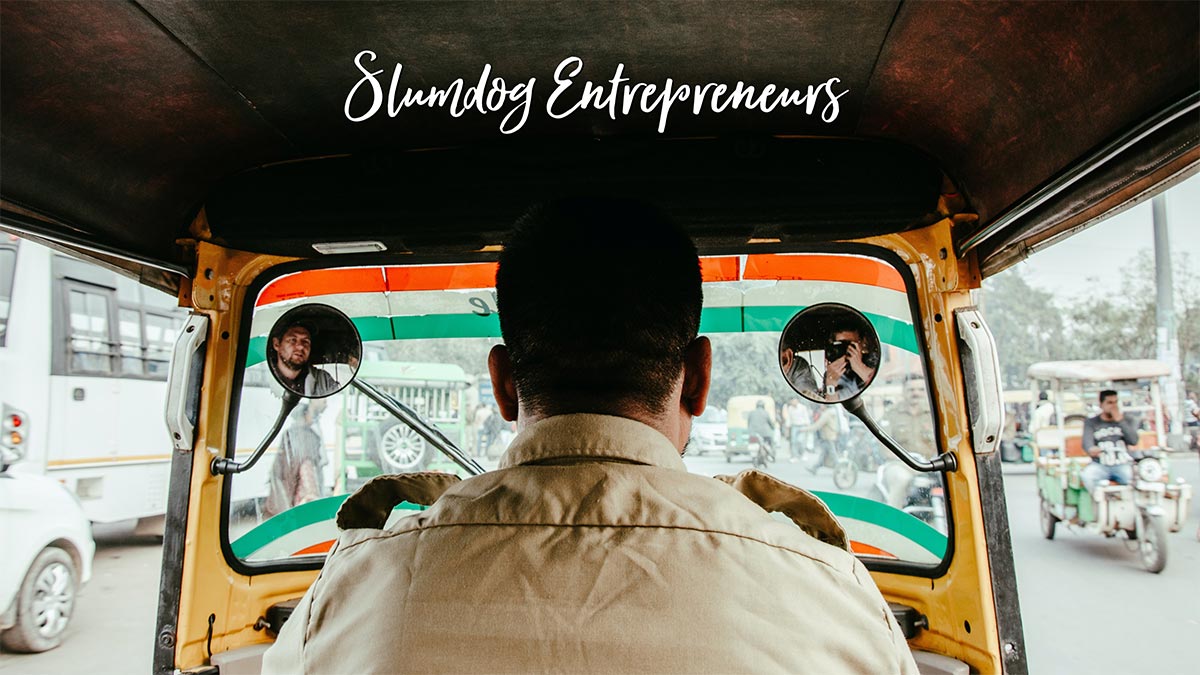
Driving Question: How effectively can I design and pitch a community-led business start-up designed to meet the needs of a specific demographic of Mumbai?
Module Leads: Andy Jenkinson and Christopher Alonge
Module Overview: In this module, students will design a community-focused project aimed at involving residents of one of Mumbai’s most infamously deprived areas in a self-improvement project. Their plans will then be pitched to an expert business panel, who will assess potential success based on a number of specified criteria.
Summative Assessment: For their final product, module participants will develop a business idea for a service or a product aimed at a specific audience in India. Additionally, they’ll prepare and deliver a business start-up funding pitch that provides community-based employment and benefits to a specified Mumbai community.
The pitch will need to include the following elements:
- The target audience, their needs, and the envisaged benefits for your product/service/business idea
- The nature of the business and the reasons why the panel should provide investment
- An analysis of the scope, methods, and results of the student’s market research
- A financial statement including requested funding, start-up expenses, and three-year cashflow forecast
- Incorporation of what students learn about persuasive verbal and body language